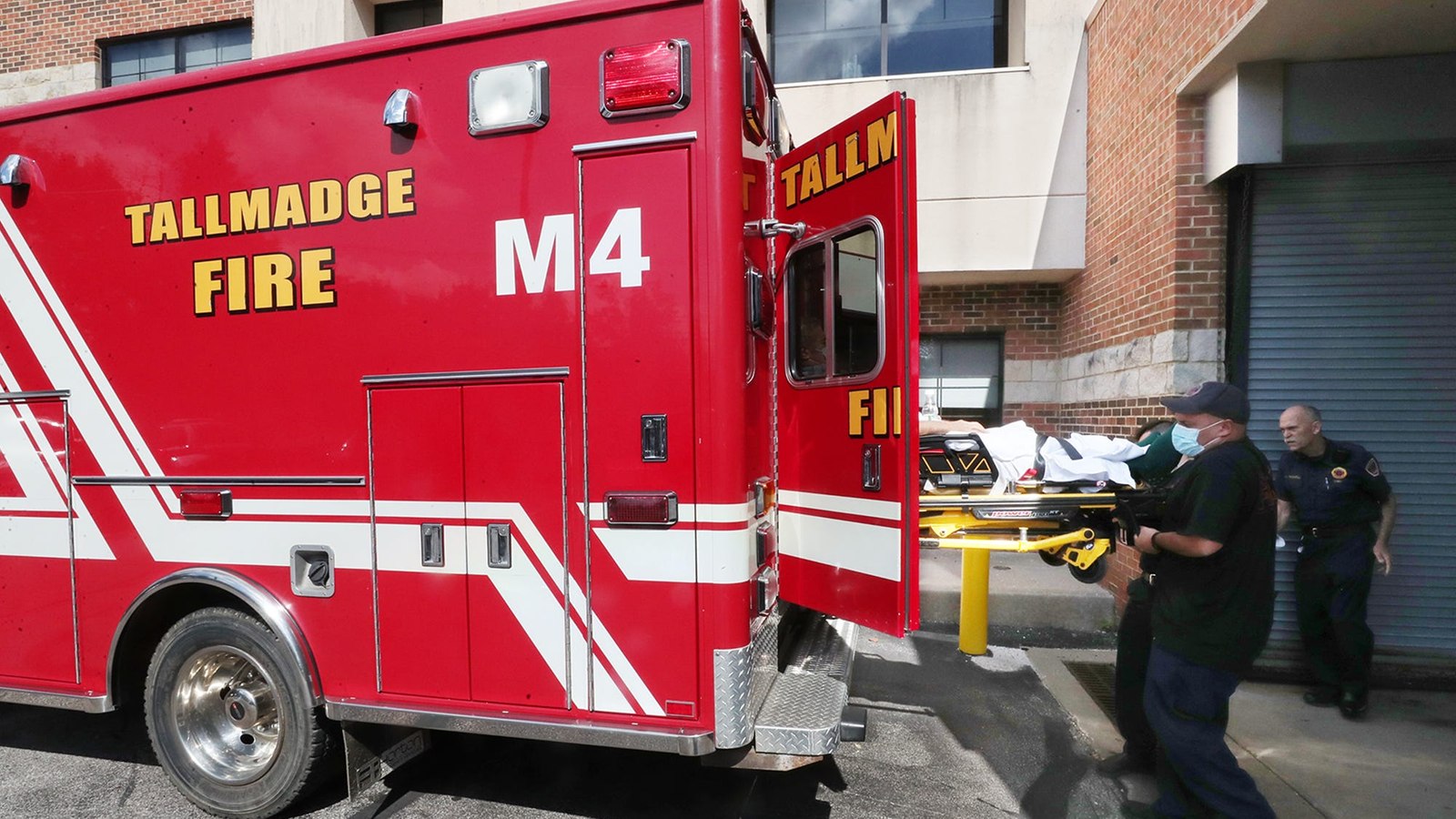DrParasite
The fire extinguisher is not just for show
- 6,396
- 2,259
- 113
Read the entire article here
some highlights:

Ambulances held hostage: Can the hospital make you stay?
Leveling the playing field on hospital bed delayswww.ems1.com
some highlights:
Ambulances in virtually every part of the United States are experiencing significant delays while offloading patients in hospital emergency departments. While ED offload delays have long been a fact of EMS life in larger cities, the crisis has now infiltrated suburban and even rural areas of the country.
The origins of the current crisis are multifaceted. High ED demand (much of it for non-emergency conditions), inadequate hospital staffing, poor hospital throughput and other root causes have all conspired to cause extended wait times as ambulance crews attempt to transfer their incoming patients to hospital beds. For this reason, while the crisis is known by many different names, the most appropriate descriptor is “hospital bed delays.”
A common thread of this crisis is that EMS personnel and ambulance vehicles are being involuntarily held at hospital EDs – or hospital parking lots – until the hospital staff indicate that they are ready to “accept” the patient handoff. In most cases, hospital staff imply – or even directly state – that the EMS personnel are legally responsible for patient care until transfer is accepted by hospital staff. Ambulances and their crews are therefore held hostage, sometimes for hours on end, by hospitals who compel EMS personnel to remain with the patient until such time as the hospital indicates its willingness to accept responsibility for care.
But one thing has become crystal clear: these discussions and this collaboration needs to happen on a level playing field, and the field is currently not level. That playing field can be leveled, and productive discussions can be held and solutions found, if all the parties accept the following fact under federal law:
Hospitals can ask EMS personnel to remain with a patient in the ED, but once a patient has come to the hospital’s property, the hospital bears the legal responsibility for the patient, and EMS personnel remaining with the patient is purely voluntary under the law.
